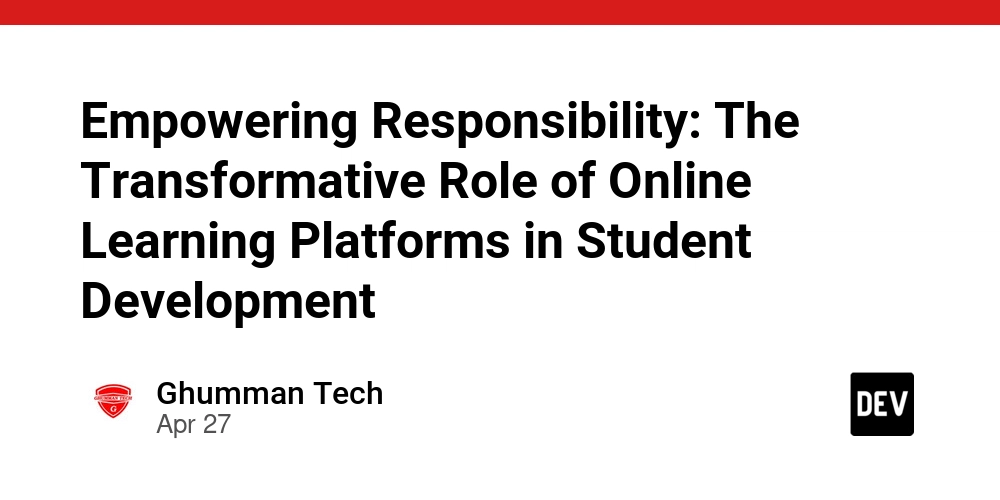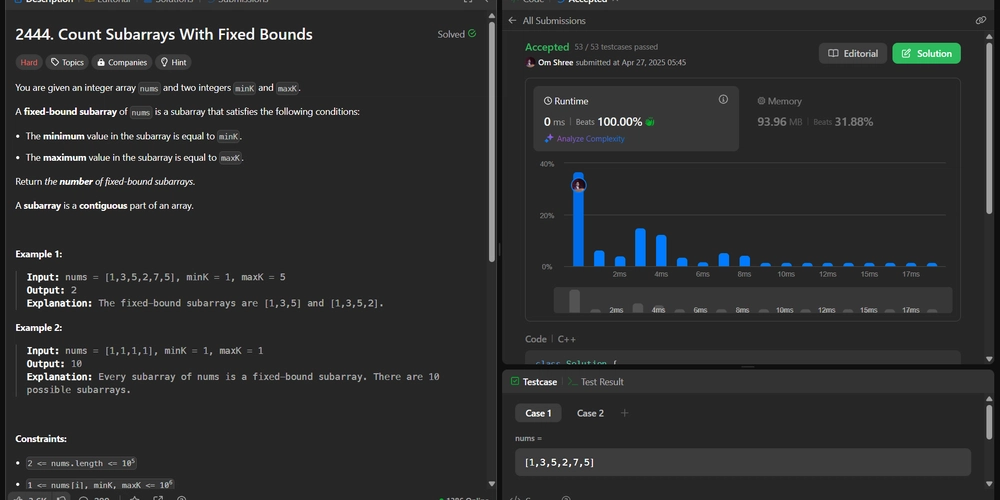Pass the AWS Certification in 30 Days: Study Plan, Resources & Hacks
Earning an AWS Certification can significantly boost your career in the cloud computing landscape. But the sheer volume of services and concepts can feel overwhelming. Feeling lost on where to start or how to effectively prepare for your AWS test exam? This guide provides a focused 30-day study plan, essential resources, and insider hacks to help you ace your chosen AWS certification exam online and stand out in the competitive market for AWS certification jobs. Which AWS Certifications Are Right for You? Before diving into the study plan, it's crucial to identify what AWS certs are available and which one aligns with your current role, career aspirations, and technical expertise. AWS offers certifications across Foundational, Associate, Professional, and Specialty levels, catering to various roles like Cloud Practitioner, Solutions Architect, Developer, and Security Specialist. Foundational: Ideal for individuals with a basic understanding of AWS and cloud concepts. (e.g., Cloud Practitioner) Associate: Targets those with hands-on experience in specific AWS roles. (e.g., Solutions Architect - Associate, Developer - Associate, SysOps Administrator - Associate) Professional: Designed for individuals with advanced technical skills and experience in designing, deploying, and managing AWS environments. (e.g., Solutions Architect - Professional, DevOps Engineer - Professional) Specialty: Validates expertise in niche areas. (e.g., Security - Specialty, Machine Learning - Specialty, Advanced Networking - Specialty) Consider your current skills and career goals to select the most relevant AWS Certification. For example, if you're aiming for a solutions architect role, the AWS Certified Solutions Architect - Associate (SAA-C03) is a logical starting point. Your 30-Day AWS Certification Study Plan This plan assumes you dedicate a few hours each day to studying. Adjust it based on your chosen certification and prior experience. Week 1: Foundational Knowledge & Core Services Days 1-3: Understand AWS fundamentals, including its global infrastructure, core services (EC2, S3, VPC), and pricing models. Focus on the AWS Well-Architected Framework. Days 4-5: Deep dive into compute services (EC2, Lambda, ECS, EKS). Understand instance types, scaling options, and serverless computing. Days 6-7: Explore storage services (S3, EBS, EFS). Learn about storage classes, object lifecycle management, and block storage options. Week 2: Networking & Databases Days 8-10: Master networking concepts (VPC, Subnets, Security Groups, NACLs, Route 53). Understand network connectivity options like VPN and Direct Connect. Days 11-12: Study database services (RDS, DynamoDB, Aurora). Understand relational and NoSQL database concepts and their use cases on AWS. Days 13-14: Familiarize yourself with content delivery and caching (CloudFront, ElastiCache). Learn how to improve application performance and scalability. Week 3: Security, Management & Governance Days 15-17: Focus on security services (IAM, KMS, Security Hub, GuardDuty). Understand access control, encryption, and threat detection on AWS. Days 18-20: Learn about management and governance tools (CloudWatch, CloudTrail, Config, Systems Manager). Understand monitoring, logging, and automation on AWS. Days 21: Review all topics covered in the first three weeks. Identify areas where you need further clarification. Week 4: Practice & Refinement Days 22-25: Take multiple AWS certification practice tests. Utilize resources like VMExam and other reputable providers for realistic aws practice exam simulations. Analyze your results to pinpoint weak areas. Days 26-28: Focus on your weak areas. Review relevant documentation, whitepapers from the official AWS Certification website, and revisit concepts. Consider taking aws certification mock tests under timed conditions to simulate the actual exam environment. Days 29: Take a final AWS certification practice test to gauge your readiness. Review key concepts and ensure you understand the question formats. Day 30: Rest and mentally prepare for your AWS test exam. Essential Resources for AWS Certification Success AWS Official Documentation: The primary source for in-depth information on all AWS services. AWS Training and Certification: Offers official training courses and practice exams (check the AWS Training portal). AWS Whitepapers and FAQs: Provide valuable insights into best practices and common questions. Third-Party Practice Exams: Platforms like VMExam offer realistic simulations of the aws exam questions. Their blog at VMExam Blog also provides helpful preparation tips to crack the AWS exam. Online Communities and Forums: Engage with other learners on platforms like Reddit (/r/aws_certification) and the AWS Forums. Insider Hacks to Ace Your AWS Certification Focus on Understanding Concepts, Not Just Memorization:
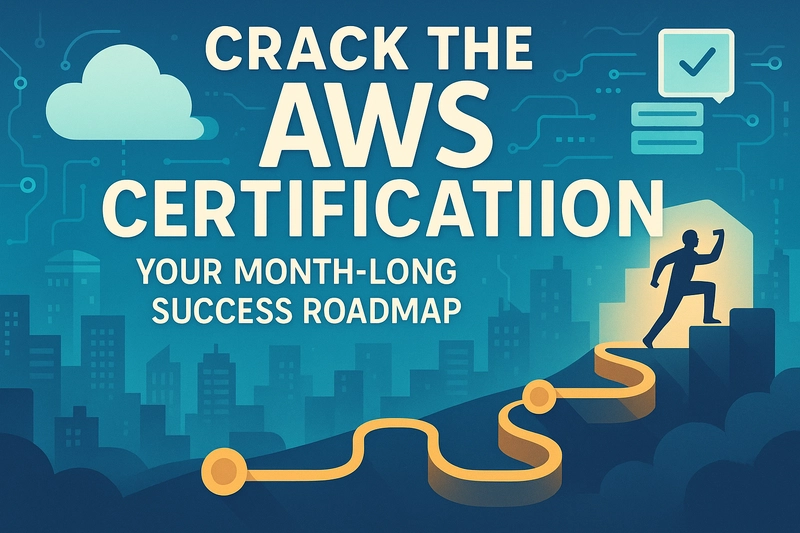

Earning an AWS Certification can significantly boost your career in the cloud computing landscape. But the sheer volume of services and concepts can feel overwhelming. Feeling lost on where to start or how to effectively prepare for your AWS test exam? This guide provides a focused 30-day study plan, essential resources, and insider hacks to help you ace your chosen AWS certification exam online and stand out in the competitive market for AWS certification jobs.
Which AWS Certifications Are Right for You?
Before diving into the study plan, it's crucial to identify what AWS certs are available and which one aligns with your current role, career aspirations, and technical expertise. AWS offers certifications across Foundational, Associate, Professional, and Specialty levels, catering to various roles like Cloud Practitioner, Solutions Architect, Developer, and Security Specialist.
- Foundational: Ideal for individuals with a basic understanding of AWS and cloud concepts. (e.g., Cloud Practitioner)
- Associate: Targets those with hands-on experience in specific AWS roles. (e.g., Solutions Architect - Associate, Developer - Associate, SysOps Administrator - Associate)
- Professional: Designed for individuals with advanced technical skills and experience in designing, deploying, and managing AWS environments. (e.g., Solutions Architect - Professional, DevOps Engineer - Professional)
- Specialty: Validates expertise in niche areas. (e.g., Security - Specialty, Machine Learning - Specialty, Advanced Networking - Specialty)
Consider your current skills and career goals to select the most relevant AWS Certification. For example, if you're aiming for a solutions architect role, the AWS Certified Solutions Architect - Associate (SAA-C03) is a logical starting point.
Your 30-Day AWS Certification Study Plan
This plan assumes you dedicate a few hours each day to studying. Adjust it based on your chosen certification and prior experience.
Week 1: Foundational Knowledge & Core Services
- Days 1-3: Understand AWS fundamentals, including its global infrastructure, core services (EC2, S3, VPC), and pricing models. Focus on the AWS Well-Architected Framework.
- Days 4-5: Deep dive into compute services (EC2, Lambda, ECS, EKS). Understand instance types, scaling options, and serverless computing.
- Days 6-7: Explore storage services (S3, EBS, EFS). Learn about storage classes, object lifecycle management, and block storage options.
Week 2: Networking & Databases
- Days 8-10: Master networking concepts (VPC, Subnets, Security Groups, NACLs, Route 53). Understand network connectivity options like VPN and Direct Connect.
- Days 11-12: Study database services (RDS, DynamoDB, Aurora). Understand relational and NoSQL database concepts and their use cases on AWS.
- Days 13-14: Familiarize yourself with content delivery and caching (CloudFront, ElastiCache). Learn how to improve application performance and scalability.
Week 3: Security, Management & Governance
- Days 15-17: Focus on security services (IAM, KMS, Security Hub, GuardDuty). Understand access control, encryption, and threat detection on AWS.
- Days 18-20: Learn about management and governance tools (CloudWatch, CloudTrail, Config, Systems Manager). Understand monitoring, logging, and automation on AWS.
- Days 21: Review all topics covered in the first three weeks. Identify areas where you need further clarification.
Week 4: Practice & Refinement
- Days 22-25: Take multiple AWS certification practice tests. Utilize resources like VMExam and other reputable providers for realistic aws practice exam simulations. Analyze your results to pinpoint weak areas.
- Days 26-28: Focus on your weak areas. Review relevant documentation, whitepapers from the official AWS Certification website, and revisit concepts. Consider taking aws certification mock tests under timed conditions to simulate the actual exam environment.
- Days 29: Take a final AWS certification practice test to gauge your readiness. Review key concepts and ensure you understand the question formats.
- Day 30: Rest and mentally prepare for your AWS test exam.
Essential Resources for AWS Certification Success
- AWS Official Documentation: The primary source for in-depth information on all AWS services.
- AWS Training and Certification: Offers official training courses and practice exams (check the AWS Training portal).
- AWS Whitepapers and FAQs: Provide valuable insights into best practices and common questions.
- Third-Party Practice Exams: Platforms like VMExam offer realistic simulations of the aws exam questions. Their blog at VMExam Blog also provides helpful preparation tips to crack the AWS exam.
- Online Communities and Forums: Engage with other learners on platforms like Reddit (/r/aws_certification) and the AWS Forums.
Insider Hacks to Ace Your AWS Certification
- Focus on Understanding Concepts, Not Just Memorization: The AWS exam tests your ability to apply knowledge in real-world scenarios.
- Hands-on Experience is Key: Utilize the AWS Free Tier to experiment with different services.
- Understand the Question Format: AWS exams often present scenario-based questions. Practice analyzing the requirements and identifying the best solution.
- Leverage Practice Exams Strategically: Don't just aim for a high score; focus on understanding why you got questions wrong.
- Pay Attention to Details: AWS exam questions often include subtle nuances that can change the correct answer.
- Master the Process of Elimination: If you're unsure of an answer, try eliminating clearly incorrect options.
- Time Management is Crucial: Practice answering questions within the allocated time during your aws certification practice test sessions. Avoid spending too much time on a single question during the actual exam.
- Understand AWS Shared Responsibility Model: This is a fundamental concept that appears frequently in various aws test questions.
- Explore AWS Solutions Architectures: Familiarize yourself with common architectural patterns and best practices.
Frequently Asked Questions (FAQ) about AWS Certification
1. What is an AWS Certification?
An AWS Certification is a credential offered by Amazon Web Services (AWS) that validates your cloud expertise and skills in specific AWS services and domains.
2. How much does an AWS Certification cost?
The cost varies depending on the certification level, ranging from $99 for Foundational to $300 for Professional and Specialty exams.
3. Are AWS certification dumps reliable?
Using AWS certification dumps is strongly discouraged. They often contain inaccurate information and relying on them can hinder your understanding and exam performance. Focus on legitimate study resources and practice tests.
4. How long are AWS Certifications valid?
Most AWS Certifications are valid for three years. You'll need to recertify to maintain your certification status.
5. What are the benefits of getting an AWS Certification?
Benefits include increased earning potential, enhanced career opportunities in AWS certification jobs, industry recognition, and validation of your cloud skills.
Conclusion: Your Journey to AWS Certified Success
Passing your AWS Certification within 30 days is achievable with a structured study plan, the right resources, and consistent effort. By focusing on understanding key concepts, utilizing practice exams effectively (like those found on VMExam), and leveraging the wealth of information available from AWS, you can confidently tackle your AWS certification exam online and unlock new possibilities in your cloud career. Remember, thorough preparation and strategic practice are your keys to success.





































































































































































![[The AI Show Episode 145]: OpenAI Releases o3 and o4-mini, AI Is Causing “Quiet Layoffs,” Executive Order on Youth AI Education & GPT-4o’s Controversial Update](https://www.marketingaiinstitute.com/hubfs/ep%20145%20cover.png)













































































































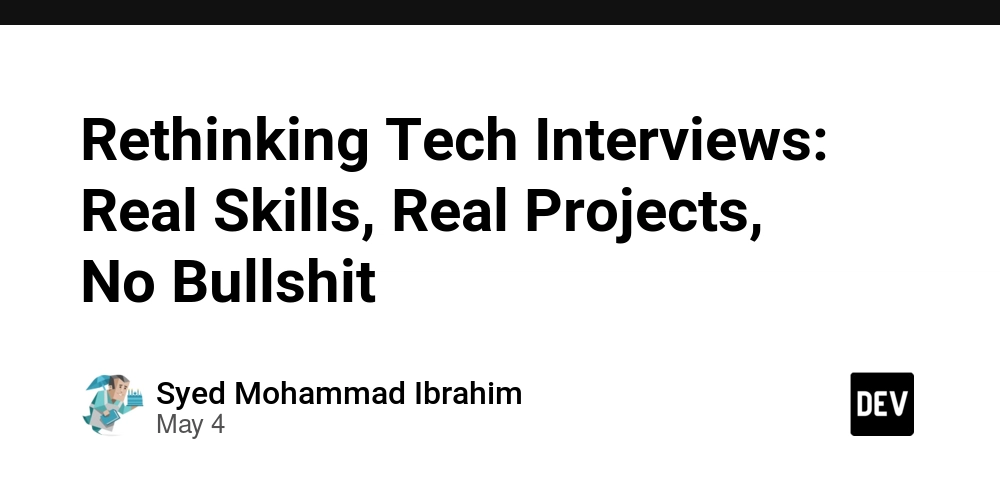
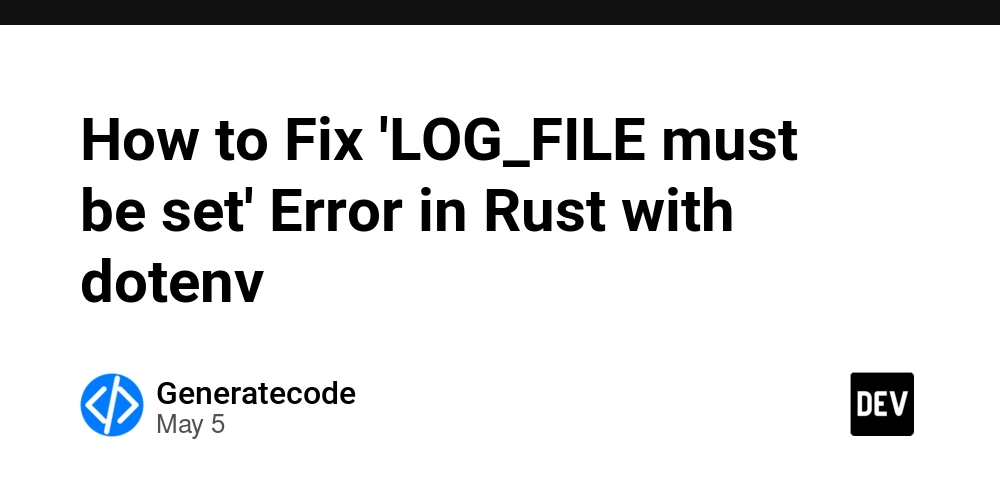













![[DEALS] Microsoft 365: 1-Year Subscription (Family/Up to 6 Users) (23% off) & Other Deals Up To 98% Off – Offers End Soon!](https://www.javacodegeeks.com/wp-content/uploads/2012/12/jcg-logo.jpg)




![From Art School Drop-out to Microsoft Engineer with Shashi Lo [Podcast #170]](https://cdn.hashnode.com/res/hashnode/image/upload/v1746203291209/439bf16b-c820-4fe8-b69e-94d80533b2df.png?#)




















![Re-designing a Git/development workflow with best practices [closed]](https://i.postimg.cc/tRvBYcrt/branching-example.jpg)




















































































(1).jpg?#)






























_Inge_Johnsson-Alamy.jpg?width=1280&auto=webp&quality=80&disable=upscale#)

























































































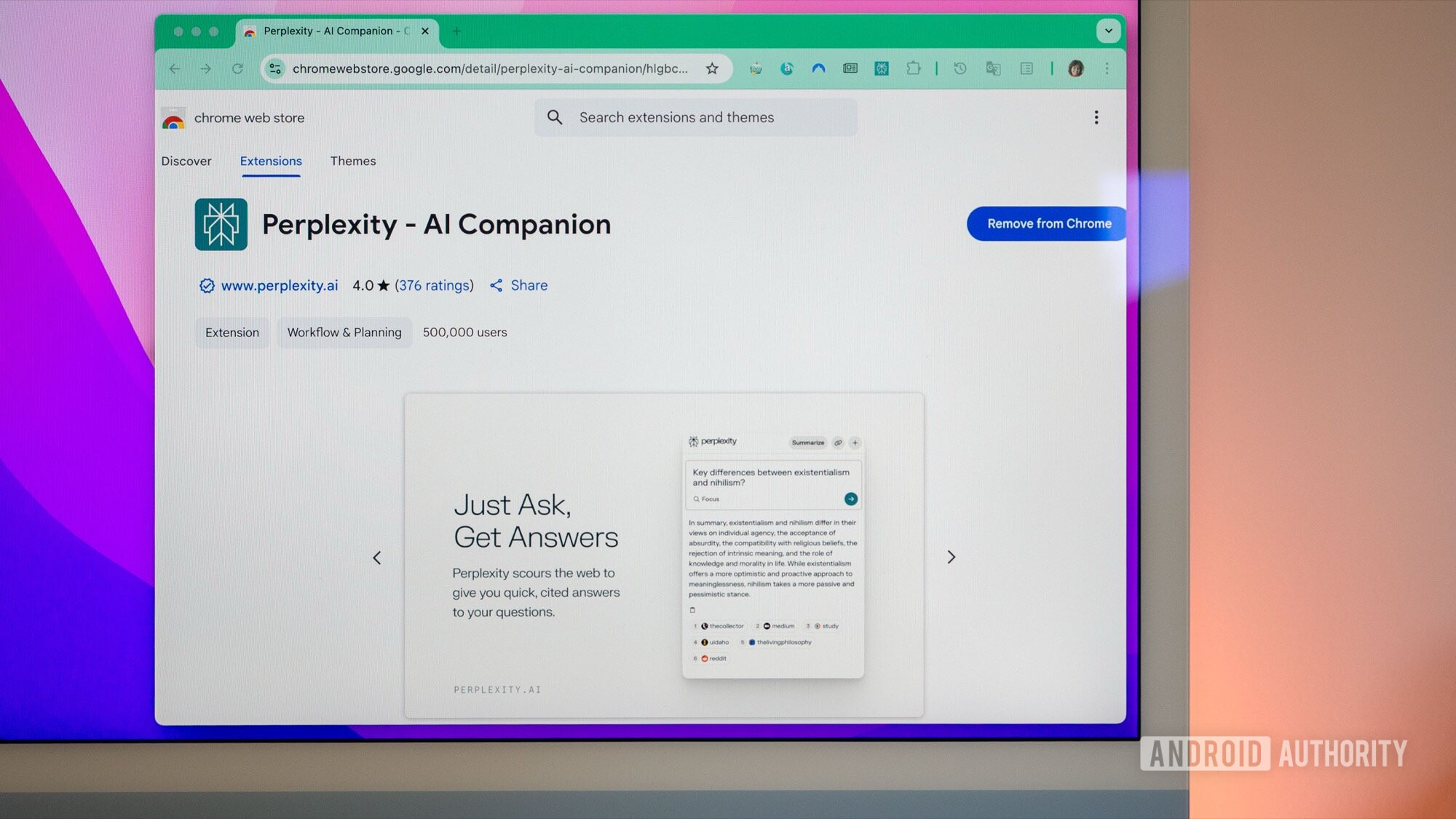





![The Material 3 Expressive redesign of Google Clock leaks out [Gallery]](https://i0.wp.com/9to5google.com/wp-content/uploads/sites/4/2024/03/Google-Clock-v2.jpg?resize=1200%2C628&quality=82&strip=all&ssl=1)
![What Google Messages features are rolling out [May 2025]](https://i0.wp.com/9to5google.com/wp-content/uploads/sites/4/2023/12/google-messages-name-cover.png?resize=1200%2C628&quality=82&strip=all&ssl=1)













![New Apple iPad mini 7 On Sale for $399! [Lowest Price Ever]](https://www.iclarified.com/images/news/96096/96096/96096-640.jpg)
![Apple to Split iPhone Launches Across Fall and Spring in Major Shakeup [Report]](https://www.iclarified.com/images/news/97211/97211/97211-640.jpg)
![Apple to Move Camera to Top Left, Hide Face ID Under Display in iPhone 18 Pro Redesign [Report]](https://www.iclarified.com/images/news/97212/97212/97212-640.jpg)
![Apple Developing Battery Case for iPhone 17 Air Amid Battery Life Concerns [Report]](https://www.iclarified.com/images/news/97208/97208/97208-640.jpg)

































































































